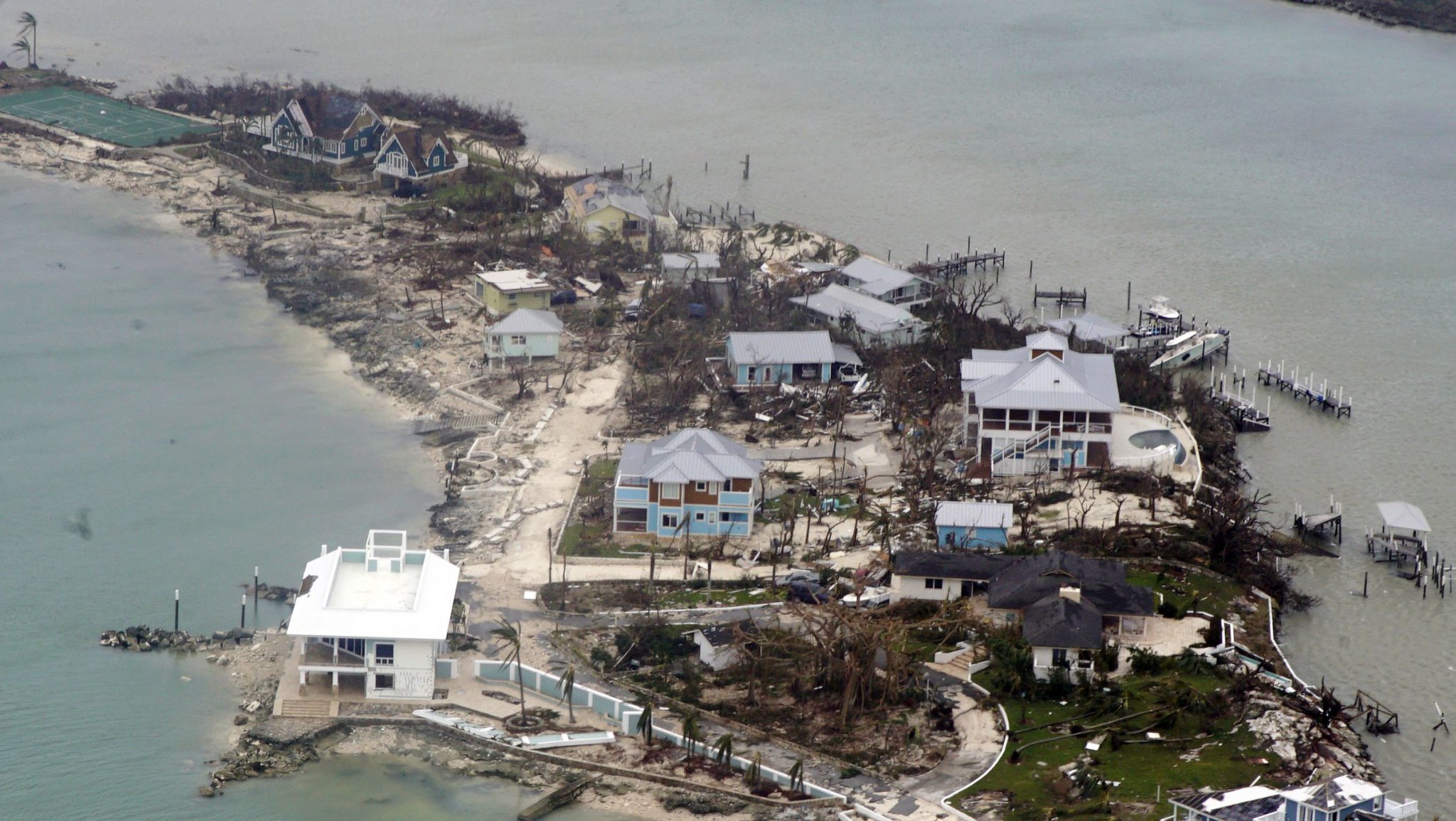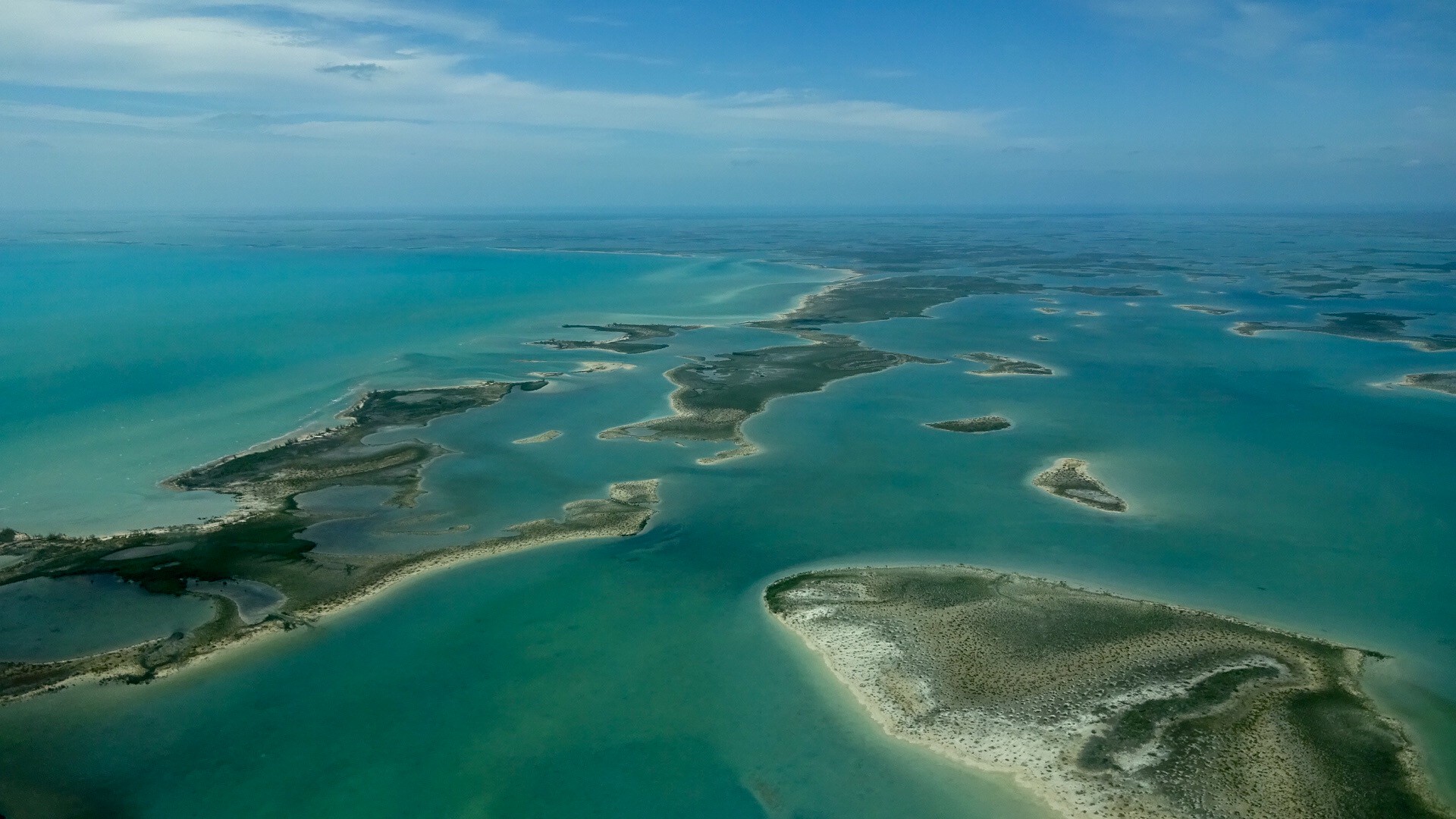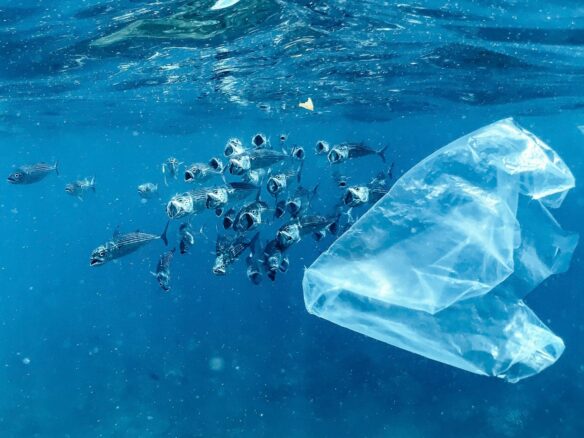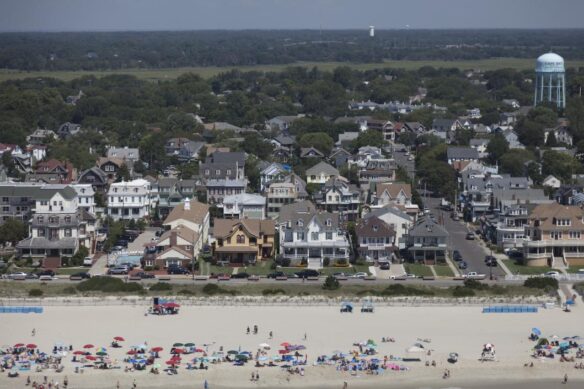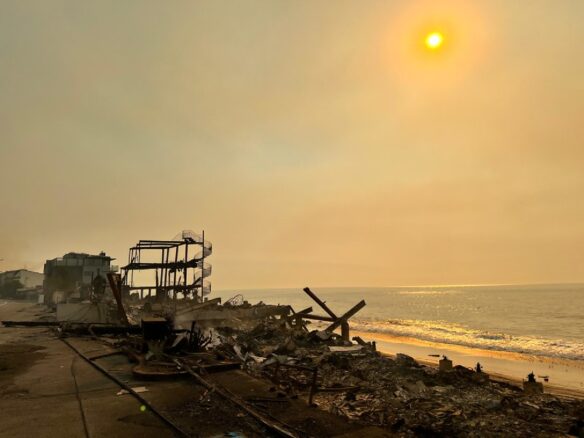Excerpt:
Rising seas and the ongoing threat of hurricanes and storm surges have forced the Caribbean nation to become a laboratory for climate adaptation.
At the United Nations climate summit in Egypt last year, Prime Minister Philip Davis of the Bahamas emerged as one of the most impassioned speakers among the more than 100 heads of state in attendance.
“We have to believe that a safer, better future is possible,” he told the gathering. “We believe that action — real, concerted action — can save the planet and save our human race.”
Yet even as Mr. Davis spoke, the Bahamas was preparing to take a direct hit from Tropical Storm Nicole, the 14th named storm of the 2022 hurricane season. Nicole slammed into what Mr. Davis called “the most beautiful country on earth,” as a Category 1 hurricane before moving on to the United States. The storm ended up inflicting more than $1 billion in damage on vulnerable communities.
It was yet another reminder that the Bahamas is uniquely threatened by the effects of climate change. As the continued burning of fossil fuels rapidly warms the planet, weather is growing more severe, sea levels are rising and developing island nations like the Bahamas are on the front lines of a daily battle between civilization and an increasingly volatile climate. Those issues are among the topics being discussed as leaders in business, science, culture and policy gather on Thursday and Friday in Busan, South Korea, for a New York Times conference, A New Climate.
“It’s only going to get worse,” Mr. Davis said in Egypt. “We are entering a new climate era that will drive extreme geopolitical and economic instability.”
Against that dire backdrop, the Bahamas has in recent years emerged as a leader among the nations scrambling to adapt to a hotter, more dangerous planet.
It has made strides to decarbonize its electrical grid and build out a network of storm-resistant solar installations. Its academic institutions are developing programs to train a new generation of climate-minded professionals. The government has introduced measures intended to sequester carbon. And the private sector is home to a burgeoning network of companies that are working on solutions to mitigate the effects of climate change.
Coral Vita, a private company working to restore coral reefs, decided to set up shop in the Bahamas because it was welcoming of climate start-ups and smack in the middle of one of the most vulnerable regions on earth.
“The Bahamas is a living climate laboratory where we can test these solutions that can benefit nature and can benefit people, too,” said Sam Teicher, the company’s co-founder. “We’re on the front lines of the climate crisis…”
